How Much Should I Invest to Acquire a Multifamily Investor?

How to calculate the value of a new investor to your business AND how to execute a marketing plan to attract and acquire multifamily investors.
How to Vet a Multifamily Syndicator

Multifamily investing is a team sport. Sometimes, we can get so caught up in “the deal” that we forget that this business is really about people. I always encourage active investors to establish their team early on, before they even start to look for deals. For you, the passive investor, the key is to partner with an experienced operator or syndicator.
Stand Out with Brokers Using Video
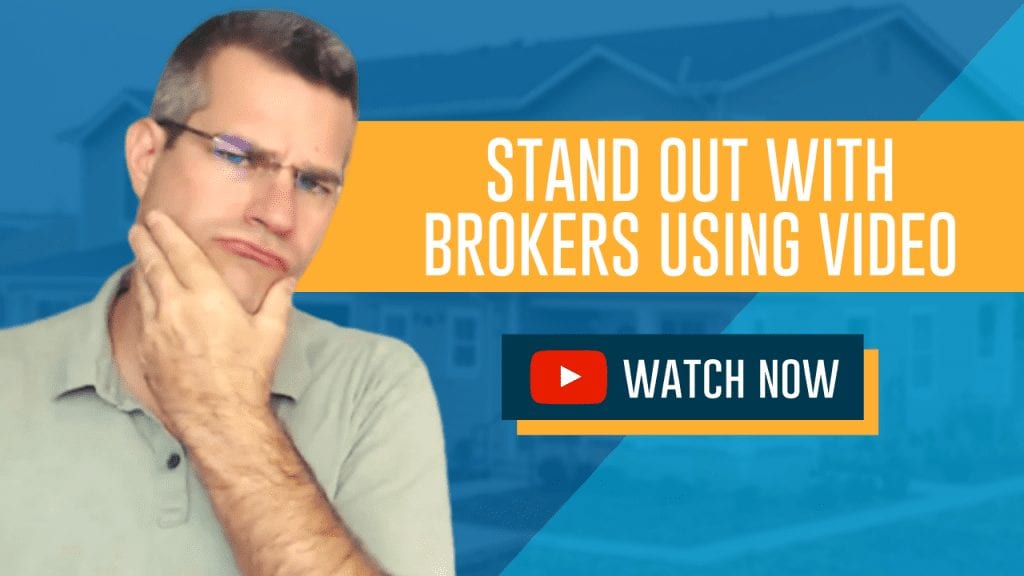
You’ve learned from my previous blog posts that the key to accessing off-market deals is to create relationships with brokers. If you have already started the process of building your team, contacting brokers using my suggested script, and building rapport with your new connections, you’re on the right track. But at this stage, you might also find that it’s still tough to access consistent deal flow for attractive properties. Here’s the deal. You’ve GOT to stand out from the other buyers on your broker’s list. How do you make yourself standout to land those coveted off-market deals? I’ve got some insider secrets that I’m excited to share with you today.
Understanding Cost Segregation
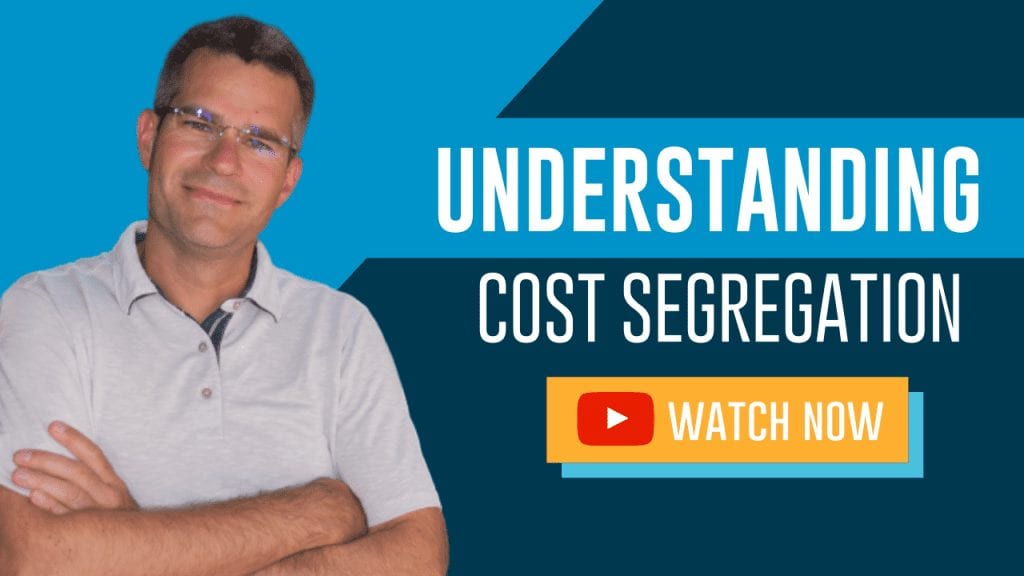
One of the most common questions my investors ask me is how cost segregation can impact passive real estate investors from a tax perspective, particularly in a multifamily syndication.
Why Apartment Demand is Growing

It’s no secret that the demand for apartments in the USA, from both the consumer and investor perspective, is growing. It’s one of the reasons that I am so passionate about investing in the multifamily space. But have you ever wondered why the demand is so high and why it continues to grow?
The #1 Way to Source Multifamily Property Deals
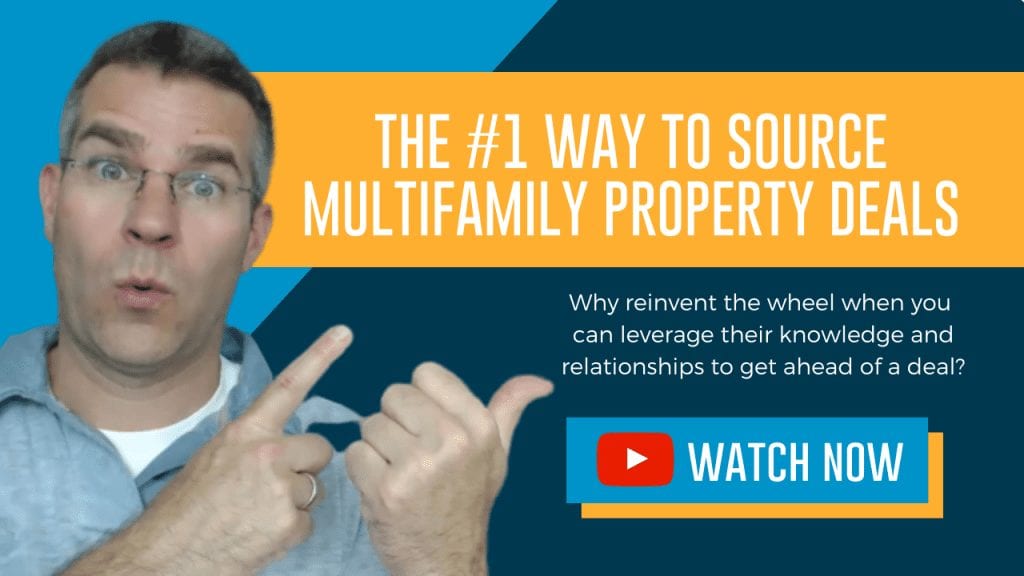
A major challenge for investors in the multifamily space is access to consistent deal flow. While the internet makes it easy for us to search for available properties, smart investors know that properties posted online are there because no one else wanted them. Most of these properties have been marketed directly to interested buyers that […]
The First Hire You Should Make (That Will Change Your Life Forever!)

The most successful multifamily syndicators do what they’re good at and outsource the rest. Follow the link for insight on hiring a qualified virtual assistant!
What You (As a Passive Investor) Can Do to Protect Yourself from a Market Downturn
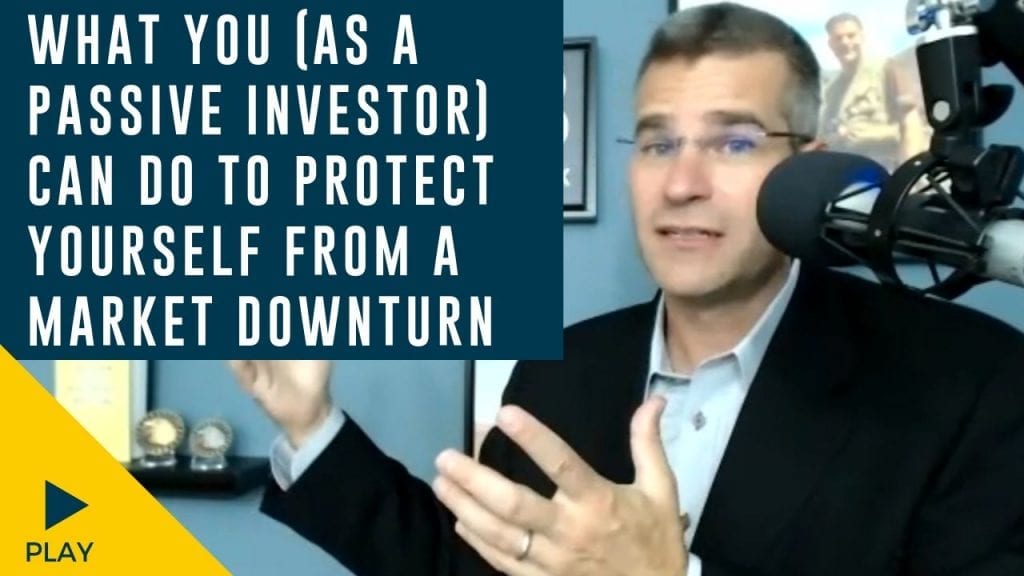
Nervous about passive investing in an uncertain market? Read on for 5 strategies to protect yourself from a downturn and grow your wealth with multifamily!
Passive Investors: What To Expect After The Closing
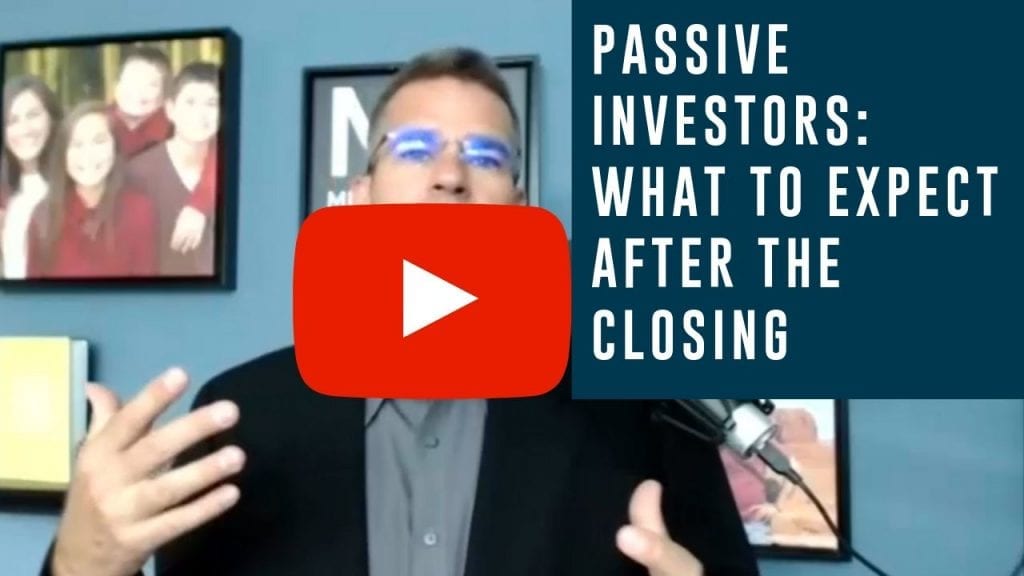
So, you’ve just invested in a multifamily syndication. What happens now? Read on to find out what passive investors can expect after a deal closes!
How to Thrive in An Uncertain Real Estate Market (For Active and Passive Investors)
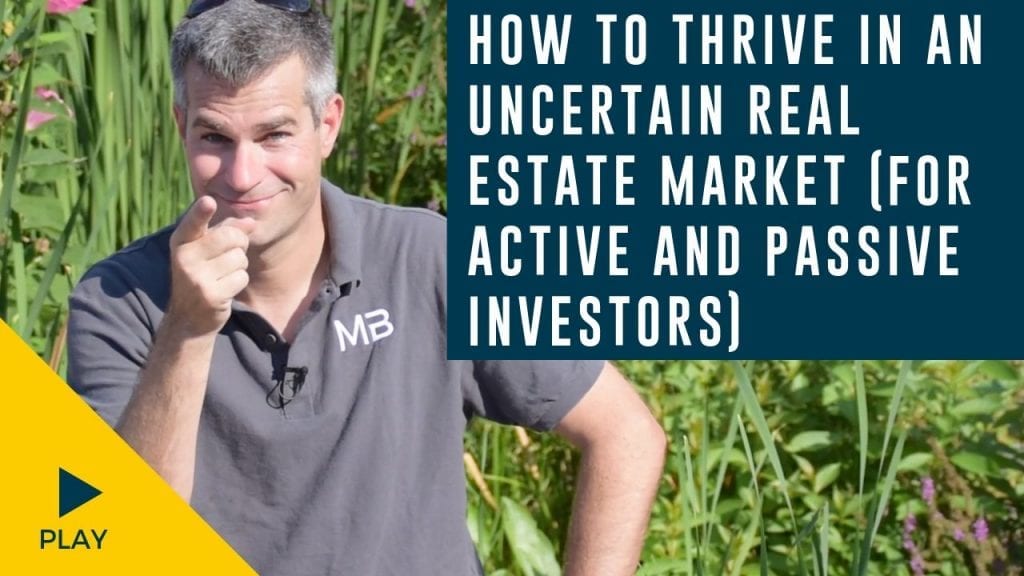
Are we overdue for a real estate market correction? Multifamily Investors: Read on for 4 guidelines to help you THRIVE in these uncertain times!